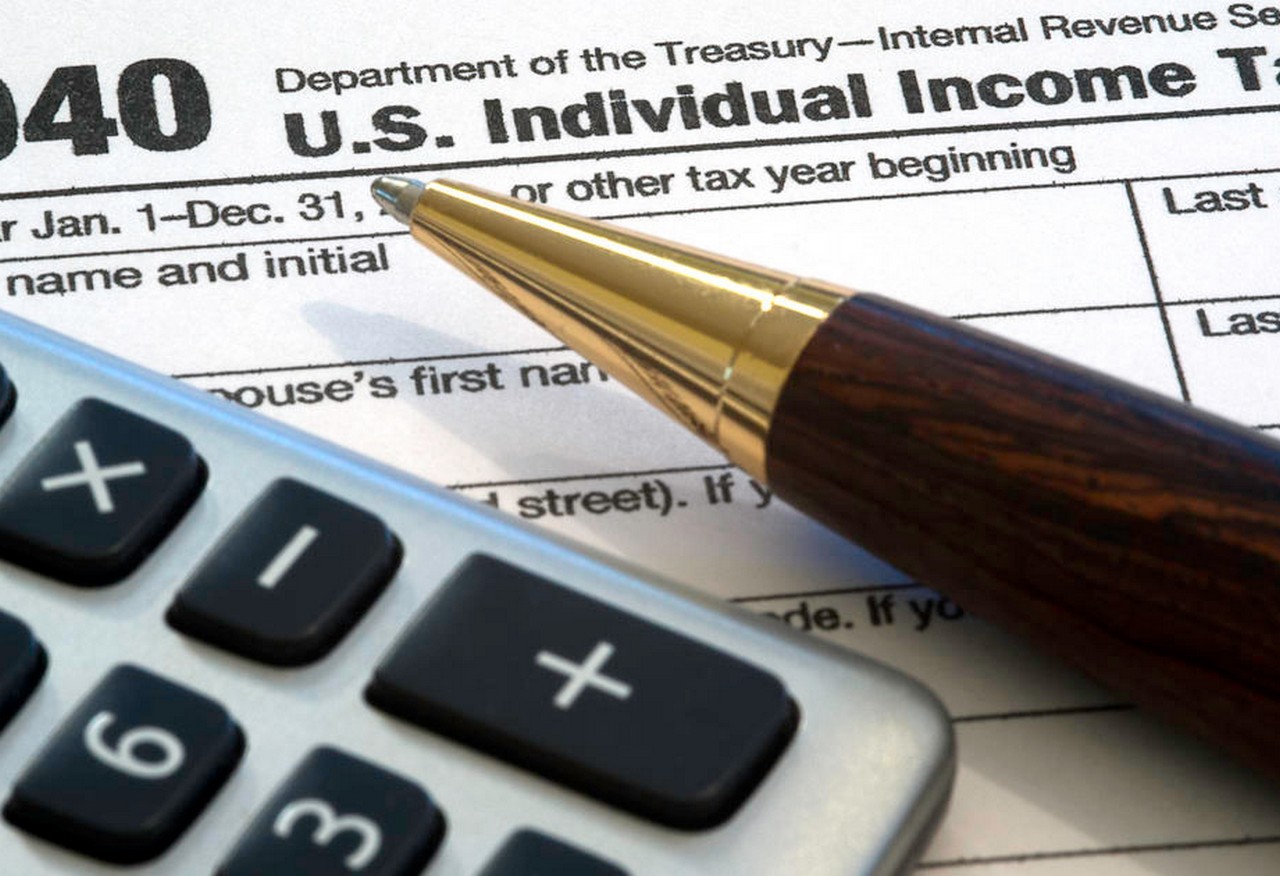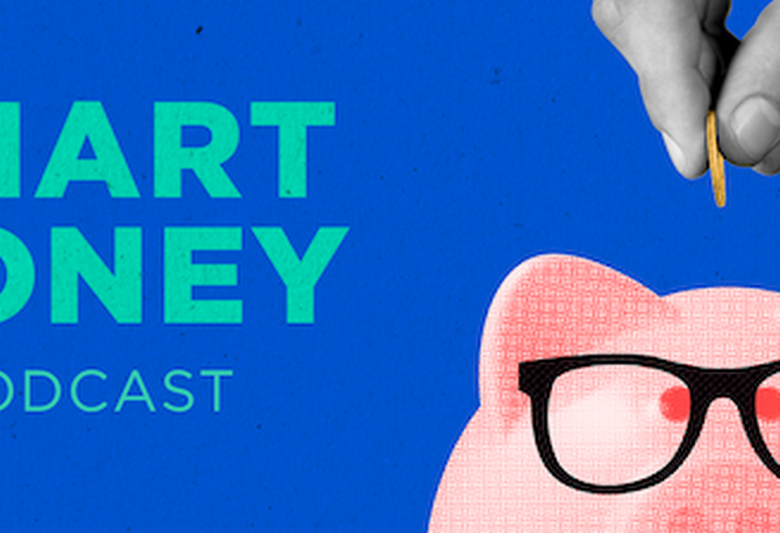Chapter 13 chapter permits you to restructure overwhelming money owed beneath the safety of a federal court docket, organising a reimbursement interval of three to 5 years.
That is additionally referred to as “wage earners” chapter, since you should have an everyday revenue to qualify. The objective is to resolve some money owed and get present on secured loans — these with collateral, similar to a house or automotive. Here is how to determine if Chapter 13 chapter is best for you and how you can file.
Do you qualify for Chapter 13 chapter?
To qualify for Chapter 13 chapter:
-
You could have common revenue.
-
Your unsecured debt can not exceed $419,275, and your secured debt can not exceed $1,257,850.
-
You have to be present on tax filings.
-
You can’t have filed for Chapter 13 chapter up to now two years or Chapter 7 chapter up to now 4 years.
-
You can’t have filed a chapter petition (Chapter 7 or 13) within the earlier 180 days that was dismissed for sure causes, similar to failing to seem in court docket or adjust to court docket orders.
Even for those who qualify for Chapter 13 chapter, be sure you know the distinction between Chapter 7 vs Chapter 13 chapter.
When you don’t qualify for Chapter 13, contemplate trying into different debt reduction choices.
Look into whether or not you could have an excessive amount of debt. When you don’t qualify for Chapter 13, contemplate trying into different debt reduction choices.
How do you file for Chapter 13 chapter?
When contemplating chapter, meet with a credit score counselor from a nonprofit credit score counseling company and with a chapter legal professional. Each preliminary consultations ought to be free. These conferences will provide help to perceive your circumstances and determine whether or not chapter is the perfect path to get your funds again on observe.
In Chapter 13 chapter, you and your legal professional will work to show your eligibility for a debt reorganization to a chapter trustee, who administers the proceedings. You’ll get court docket approval of a plan to repay each unsecured and secured money owed partly or in full. You may pay over three to 5 years and can retain your belongings. On the finish, the rest of some money owed could also be forgiven.
When you’ve determined to file, you’ll undergo these steps:
-
-
Credit score counseling: Full pre-filing chapter counseling via a nonprofit credit score counseling company. Your counselor may provide help to draft a reimbursement plan.
-
Get an legal professional: Rent a professional chapter legal professional. Chapter 13 may be very complicated, and skipping a step or improperly filling out a kind can result in your case being thrown out or not having sure money owed coated.
-
Fill out paperwork: Your legal professional will provide help to fill out the varied varieties required to file. You’ll want to collect data in your complete monetary image, together with money owed, revenue, property and month-to-month bills.
-
Submit chapter petition: Also called “submitting” the chapter, submitting the varied varieties kicks off the method. A chapter trustee shall be appointed. As quickly as you file, you enter what’s referred to as an “computerized keep,” which signifies that most makes an attempt to gather in your money owed should stop.
-
Submitting fee plan: Inside 14 days of submitting the petition, you could submit a proposed fee plan. You could begin making funds on the plan inside 30 days of submitting the petition, even when it hasn’t been authorized but.
-
Assembly of collectors: Between 21 and 50 days after submitting the petition, the trustee will host a gathering wherein collectors can focus on any points they’ve with you.
-
Affirmation listening to: No later than 45 days after the assembly of collectors, you, the trustee and collectors who want to attend meet in court docket to verify the fee plan.
-
Cost: Over three to 5 years, collectors are paid as agreed beneath the plan.
-
Debtor schooling course: Earlier than the Chapter 13 chapter is full, you could full a “debtor schooling course” from a nonprofit credit score counseling company.
-
Click on via these sections to be taught whether or not Chapter 13 chapter is best for you and how you can rebuild from chapter.
Is Chapter 13 chapter best for you?
Contemplate chapter in case your downside money owed whole greater than 40% of your annual revenue or would take 5 years or extra to repay even for those who took excessive measures. Chapter 13 could also be your finest chapter route if:
-
You wish to maintain sure belongings otherwise you’re behind in your mortgage or automotive funds and wish to make them up over time.
-
Most of your money owed are pupil loans, little one assist or different money owed that both can’t be or are extremely unlikely to be discharged beneath Chapter 7.
-
You could have a co-signer on an account in arrears. With Chapter 7, collectors are free to go after your co-signer although you’re protected. When you file Chapter 13, you’ll be able to organize to repay the co-signed debt in your reimbursement plan, defending your co-signer.
Use the free preliminary session that credit score counselors and lots of chapter attorneys provide to study chapter and different debt reduction choices, similar to a debt administration plan via a credit score counseling company.
Chapter 13 chapter will keep in your credit score experiences for seven years from the submitting date, and through this time you’ll probably discover it tougher to get credit score. Even so, your credit score scores ought to begin to get well. Researchers on the Federal Reserve Financial institution of Philadelphia checked out information from 2010-12 and located that those that accomplished their reimbursement plans and bought a discharge noticed their scores rise from 535.2 to 610.8.
Some money owed sometimes can’t be erased in chapter, together with current taxes, little one assist and pupil loans. Chapter nonetheless could also be an choice for you, although, if erasing other forms of debt — bank cards, private loans, medical payments — would liberate sufficient cash to pay the money owed that may’t be erased.
“Chapter shouldn’t be a panacea for each scenario, and I feel that for those who’re considering doing it, it’s best to have a frank dialog with an legal professional,” says California chapter legal professional Matthew Olson. “There’s the draw back of the hit in your credit score report, however ceaselessly that shall be outweighed by reduction of stress and getting this downside solved and letting you progress ahead together with your funds.”
Chapter 13 chapter takes longer than the opposite frequent type of shopper chapter, Chapter 7, which forgives most types of debt, like bank cards, medical payments and private loans.
» MORE: See if Chapter 7 chapter is a greater match
Rebuilding after chapter
Though a chapter will linger in your credit score experiences for years, you’ll be able to instantly begin to offset that adverse mark with constructive data. Be sure to pay each invoice on time, as a result of fee historical past has the biggest affect in your scores.
Different steps you’ll be able to take to revive your credit score embody making and following a finances and utilizing credit score fastidiously. When you discover it laborious to get new traces of credit score, contemplate beginning with a secured bank card.










